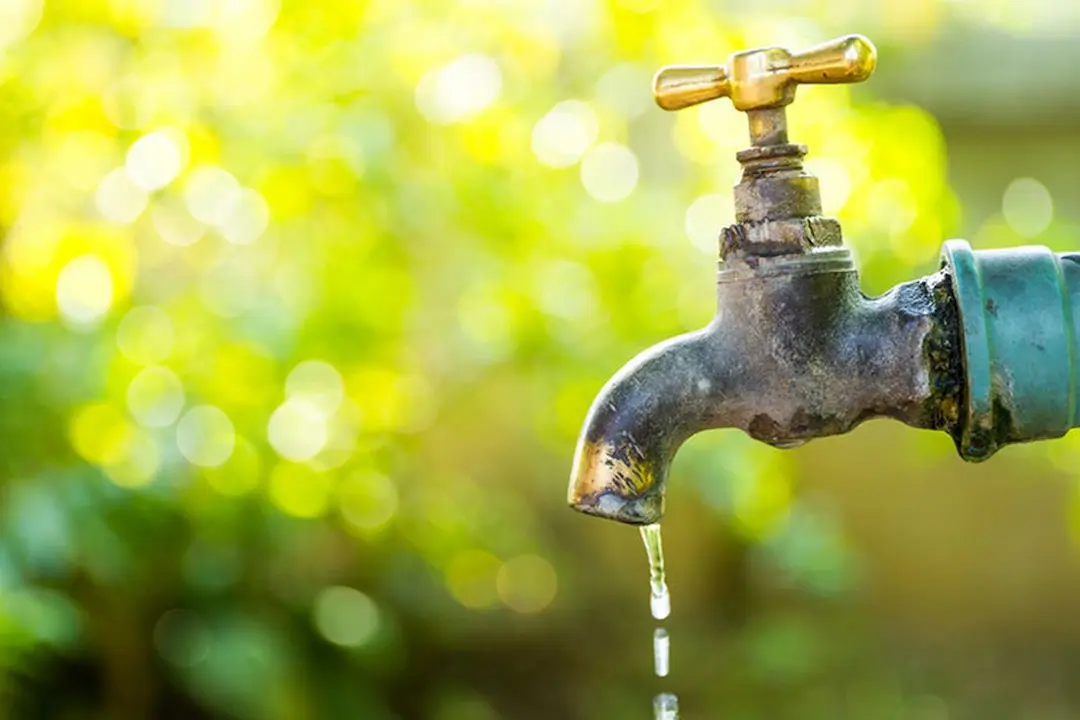KUALA LUMPUR (July 10): The Malaysian Water Association (MWA) on Thursday voiced its support for a balanced and transparent water tariff review, as operators grapple with ageing infrastructure, rising operational costs and mounting pressure from climate change.
According to its website, MWA represents 854 members, including individuals and organisations from water and sewerage utilities, manufacturers, consultants, contractors, suppliers, regulators and academics.
The association said in a statement that the ongoing review by the National Water Services Commission (SPAN) — following tariff adjustment applications from operators in 10 states — is necessary to ensure long-term water supply sustainability in the country.
“A tariff structure that is fair, transparent, and reflective of actual service delivery costs, while ensuring affordability for the public, especially vulnerable communities, is fundamental,” MWA president Mohamad Hairi Basri said in the statement. Such adjustments would allow operators to provide reliable and safe water services while upholding high operational standards and environmental stewardship, it added.
MWA noted that it remains committed to supporting stakeholders — including regulators, state and federal governments, and industry players — to build a resilient and climate-ready water sector.
SPAN had on Wednesday confirmed that it received tariff review applications from operators from 10 states — Penang, Perlis, Kedah, Kelantan, Terengganu, Selangor, Negeri Sembilan, Melaka, Johor and Pahang. This clarification came in response to Penang Chief Minister Chow Kon Yeow’s remarks that Penang Water Supply Corporation (PBAPP) plans to delay its proposed tariff hike, pending Cabinet approval.
“MWA acknowledges SPAN’s commitment to a careful and balanced review process that considers the welfare of 27.2 million users and the financial and technical capacities of licensed operators,” it said.
The association highlighted that the water services industry is facing increasing challenges — rising operational costs, urgent infrastructure renewal, growing demand from high-consumption users such as data centres, and persistent levels of non-revenue water.
“Significant investment in our human capital needs to be accelerated to balance the development of physical infrastructure and higher utilisation of technology in the water industry,” MWA said.
It also warned that the intensifying impacts of climate change are placing new stress on water resources. Unpredictable weather patterns, prolonged dry periods, and flash floods have begun to severely affect the availability of quality and quantity of raw water.
“These circumstances require proactive planning, continued investments in resilient infrastructure, and long-term measures to safeguard the nation’s water security,” the association stressed.
In early March, Energy Transition and Water Transformation Minister Datuk Seri Fadillah Yusof confirmed that the federal government was reviewing water tariffs, with potential adjustments in certain states.
This follows last year’s tariff revision, which took effect on Feb 1, 2024, raising average rates by 22 sen per cubic metre for domestic users in Peninsular Malaysia and Labuan. The new rates are expected to increase revenue collection by RM2.4 million annually for the Labuan Water Department and RM105 million for Pengurusan Air Selangor Sdn Bhd.




